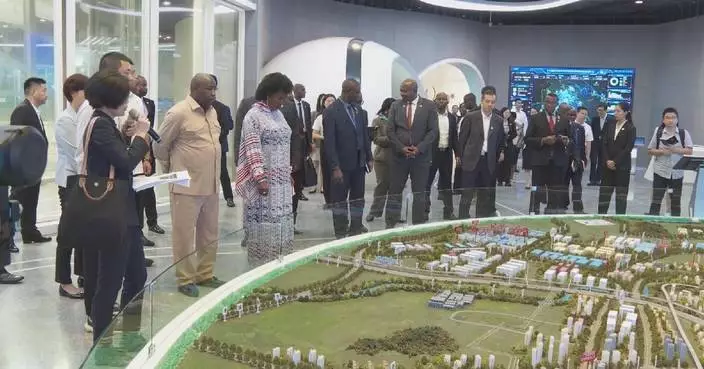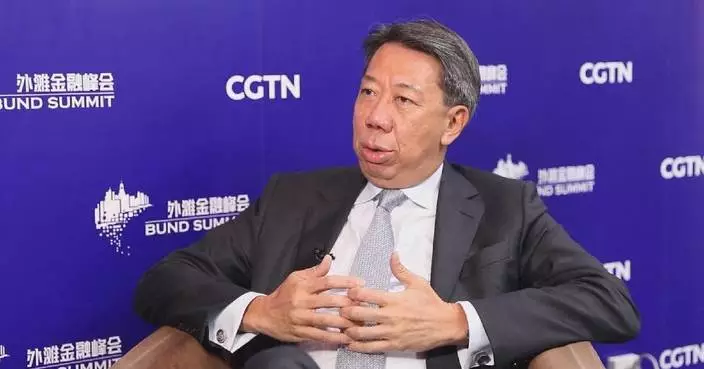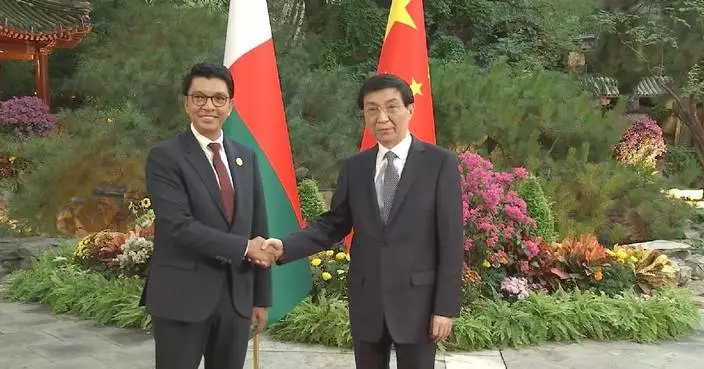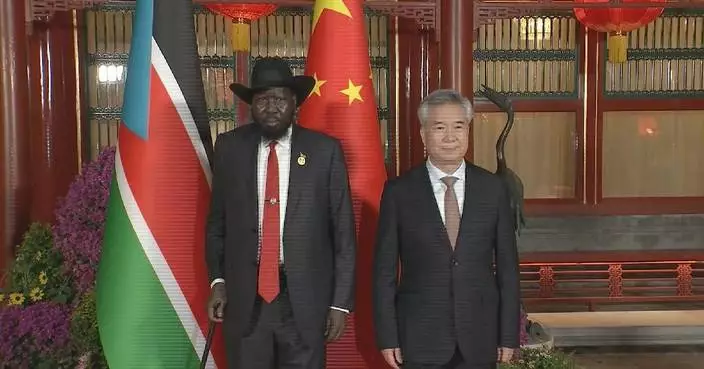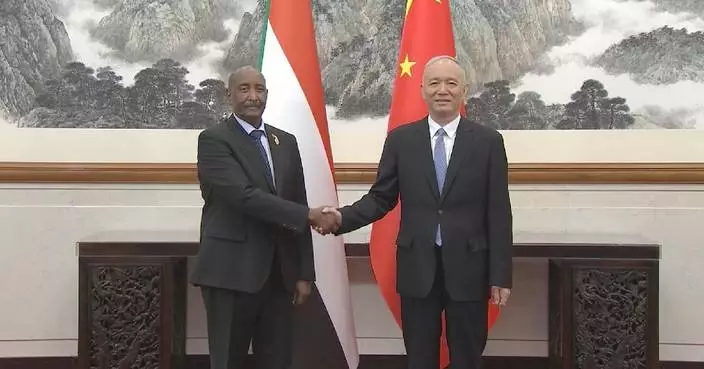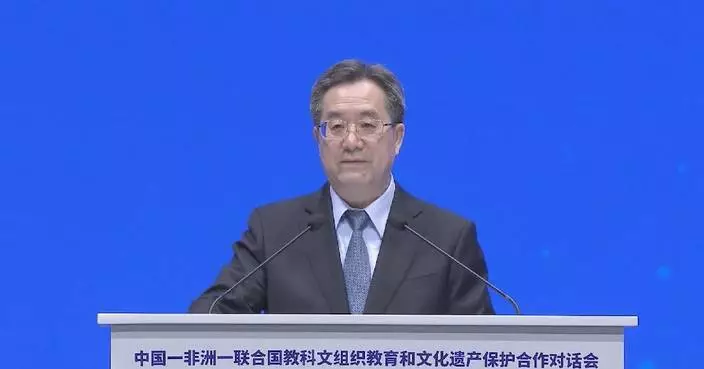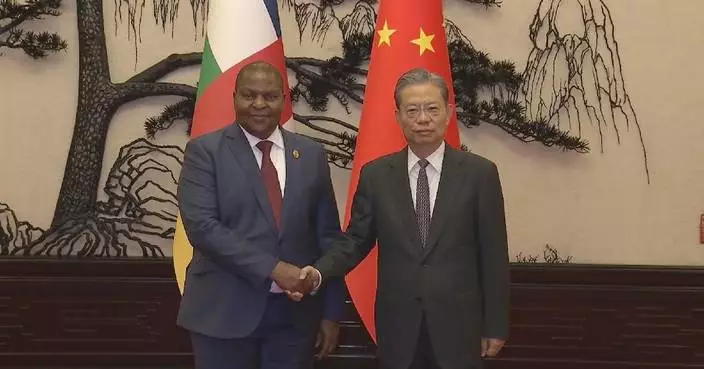Russia said its army destroyed Ukrainian tanks, armed vehicles and cannons, while Ukraine claimed that it had repulsed Russian offensives on the front line, according to their latest updates on the ongoing conflict on Saturday.
The Russian Ministry of Defense issued a report on Saturday saying the Russian army repelled multiple offensives on Friday by the Ukrainian forces in the directions of Kharkov, Avdiivka, Donetsk, Zaporizhzhia and Kherson, and launched a number of attacks, destroying tanks, armored vehicles and self-propelled artilleries and other equipment of the Ukrainian troops.
Russian air defense forces shot down Ukrainian drones, U.S.-made tactical missiles and four U.S.-made HIMARS rockets, it said.
The General Staff of the Ukrainian Armed Forces also issued a battle report on Saturday claiming that as of 16:00 Saturday, there were 85 engagements on the front line, and the Ukrainian soldiers are going all out to stop the Russians' assaults and disrupt their action plan.
At present, the situation on the front line remains tense, especially in Pokrovsk where fighting continues in some areas, according to the report.
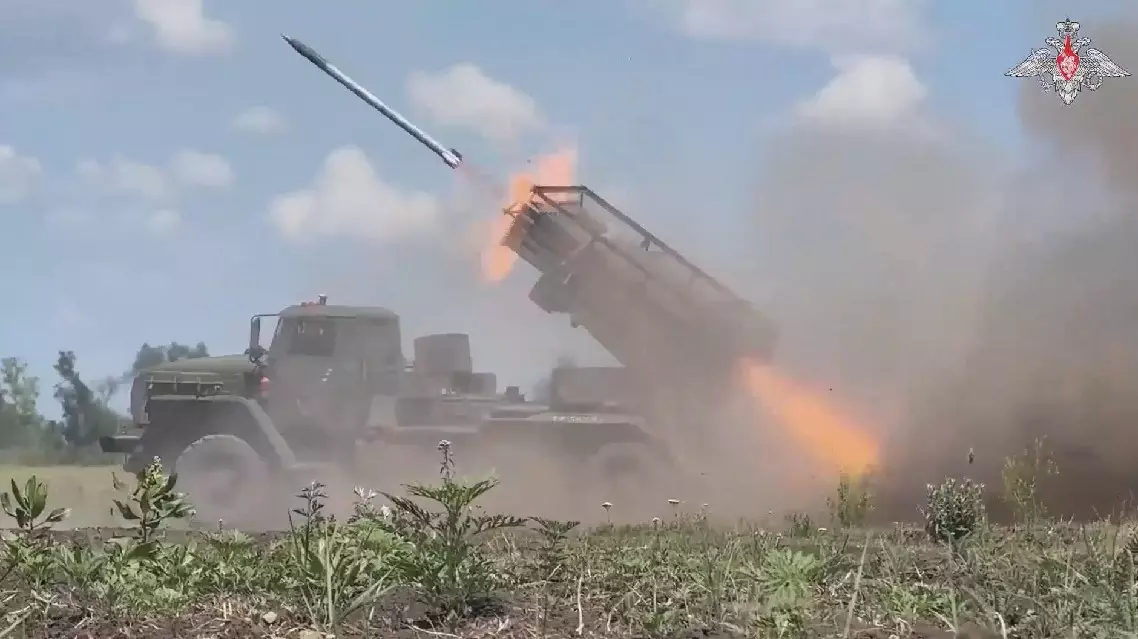
Russia claims downing Ukrainian drones and missiles, while Ukraine asserts repelling Russian offensives
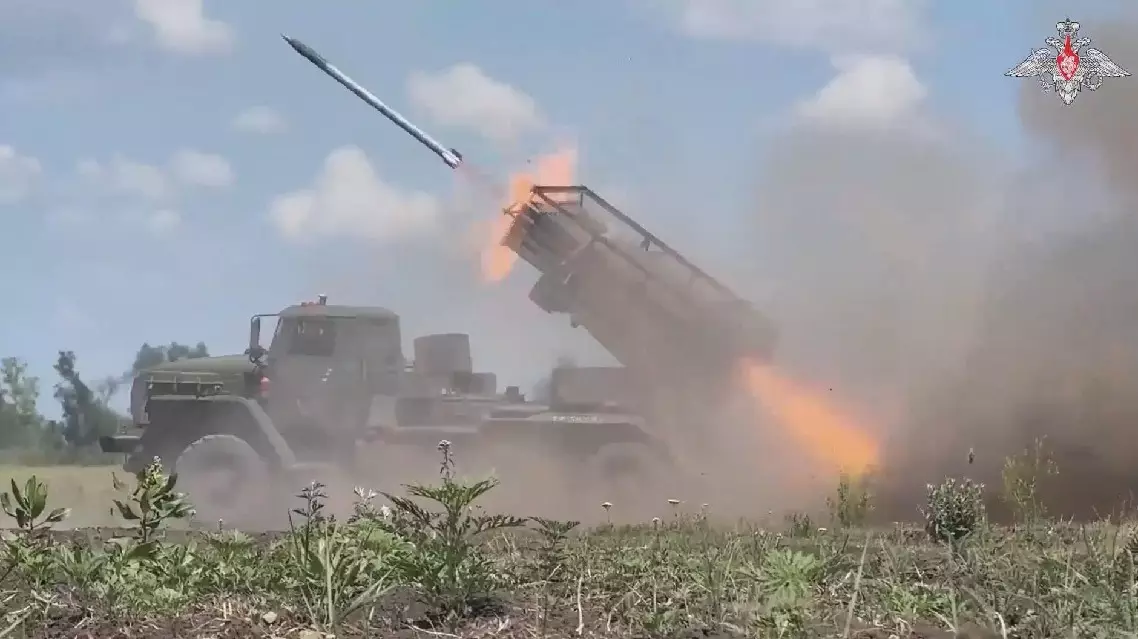
Russia claims downing Ukrainian drones and missiles, while Ukraine asserts repelling Russian offensives
Chinese engineers have overcome numerous challenges and difficulties with innovative techniques and high-intensity work to complete the final leg of a landmark Algerian highway that connects 17 provinces.
With the completion of its last 84-km section, the Algerian East-West Highway, which stretches 1,216 km and had been under construction for the last 16 years, finally opened to traffic in August 2023.
The 84-km section in the eastern region of the country was built by China's CITIC Construction, and stretches from Drean in the province of El Tarf, to the town of Raml Souk on the border with Tunisia.
However, building the highway was not easy as the construction had to overcome a series of complex geological challenges, including the Atlas Mountain ranges that cross through northern Africa and have long hindered transit in the region.
At the beginning of this century, the Algerian government proposed the highway project, and construction on the highway kicked off in the east, middle and west sections beginning in 2006.
China CITIC Group and China Railway Construction Corporation completed the construction of the 528 km-long central and western section on time. In 2017, CITIC Construction was selected to take over the construction of the remaining 84-km section after it was abandoned by a Japanese enterprise over technical and financial difficulties.
As the Chinese construction team embarked on the challenging task, they encountered numerous local individuals who shared their common hope that the highway could be opened to traffic at an early date.
"As we were searching for a quarry site in Guelma Province near El Tarf Province, we asked a local truck driver for direction. After learning that we were constructing the 84 km project of the eastern region, he was very excited and held our hands tightly, saying that he had been looking forward to the opening of the highway in the eastern sector. He often drove a truck to transport goods, using local roads, and had to drive in traffic jams. The poor road conditions caused significant wear and tear on the vehicles and posed serious dangers. He eagerly hoped that we, the Chinese team, would help complete the highway as soon as possible," Ji Zongli, the chief engineer for the 84-km project, recalled.
According to Ji, the section runs through complex terrain prone to geological disasters, so the difficulties facing the builders were enormous.
"The line runs across areas of marl, wetlands, flood plains, and also passes through a large conservation area of a national park. With terrain and topography highly complex and variable, we faced numerous threats and difficulties, including slope collapses, foundation instability and settlement, and a shortage of aggregates. All these made the roadbed construction particularly challenging," Ji said.
To mitigate the impact of complex geological conditions on engineering quality, CITIC Construction employed advanced Chinese construction technology on the project, including the use of high-modulus asphalt additives to enhance the durability and service life of the road, bridge damping devices to avoid potential disasters, and advanced skills to reinforce the subgrade to ensure the road is able to endure the stresses of heavy usage.
"There have been many stories about this project, and we have experienced several impressive events. For example, in April 2023, at the PK397 construction site, we witnessed CITIC Construction mobilizing 1,004 trucks to work on a very narrow section of the road. The El Tarf provincial government was astonished by such a volume of trucks. The high-intensity work lasted about a month, creating a truly spectacular scene," said Mohamed Salah Kafi, the head of the eastern region bureau of Algeria's National Highway Agency.
According to Ji, the Chinese team has trained over 16,000 local technicians in infrastructure construction. After training and working with Chinese colleagues, the Algerians gained valuable hands-on experience, and some have become seasoned engineers.
"I'm very happy to be involved in the highway project and feel extremely proud. My father, younger brother, and elder brother all are working at the construction sites of Chinese companies. The wages are high. I've learned a lot, and my life has improved. If there are new projects, I hope to work with my Chinese friends again," said Abassh Gilali, an Algerian construction worker.
The highway not only connects regions, it also connects hearts, and is a symbol of what can be achieved when people from different backgrounds work together on a common purpose.
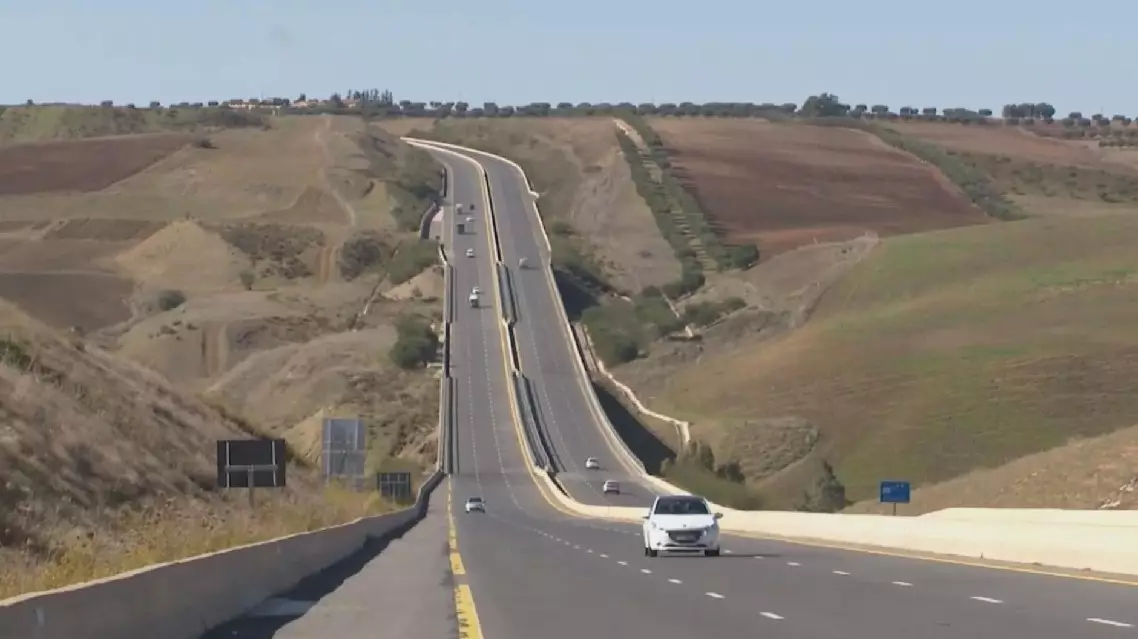
Chinese engineer recalls challenges in completing Algeria's landmark East-West Highway project





